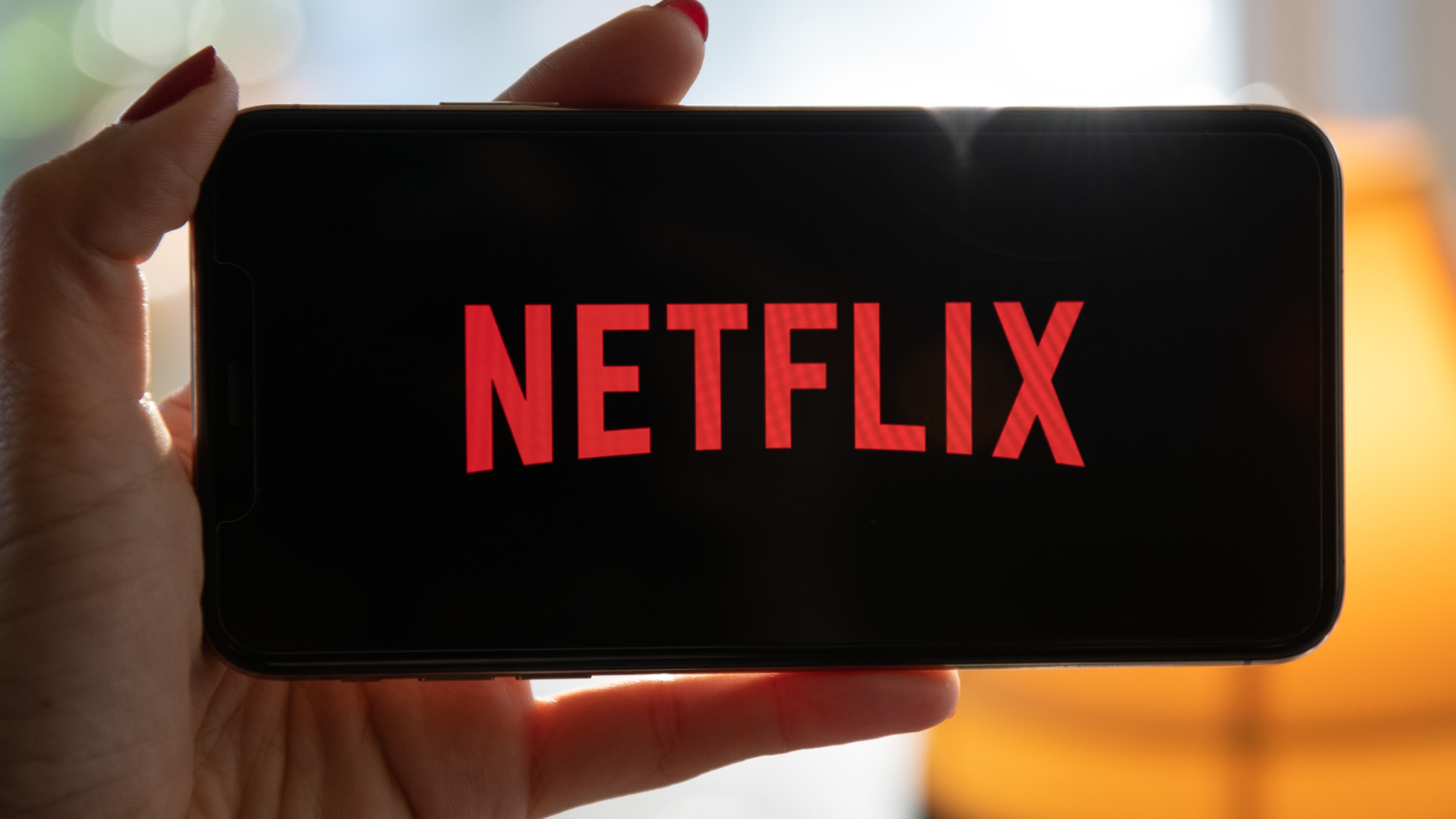Netflix's sharing crackdown is coming imminently to your smart TV
And to your laptop, and your phone, and your tablet too


If you're still sharing your Netflix login with your ex or faraway family members, time is running out: a new letter to shareholders says that customers of one of the best streaming services will find their sharing options limited from the first quarter of 2023.
According to the letter (PDF), Netflix reckons it will lose some customers when it cracks down on account sharing – but it also reckons it'll bring in lots of cash from people who were previously streaming for free, both in terms of new subscriptions and in people moving to the new ad-supported version of the service.
Dollar dollar bill y'all: why Netflix no longer thinks sharing is caring
According to the shareholder letter, Netflix has "a clear path to reaccelerate our revenue growth" after a tough year: "launching paid sharing", "building our ads offering" and "cancelling shows just as people are getting into them." I made that last one up. "Our north stars remain pleasing our members and building even greater profitability over time," it adds.
Although the letter doesn't say exactly when the paid sharing will be coming, it's clearly coming soon: "We expect to roll out paid sharing more broadly in Q1'23". Tests in Latin America have prepared Netflix for some customer cancellations, but as "borrower households" move to either ad-funded accounts or paid sharing Netflix expects to see significantly improved revenues as a result.
Netflix also expects to bring in more money from its gaming service, which is only just over a year old. The key goal is to take Netflix's existing intellectual property from movies and shows and "entertain members Netflix intellectual property (IP) across different mediums". The Too Hot To Handle tie-in with the show of the same name was Netflix's biggest game launch to date and is likely to be the template for future game releases.
Get all the latest news, reviews, deals and buying guides on gorgeous tech, home and active products from the T3 experts
Writer, musician and broadcaster Carrie Marshall has been covering technology since 1998 and is particularly interested in how tech can help us live our best lives. Her CV is a who’s who of magazines, newspapers, websites and radio programmes ranging from T3, Techradar and MacFormat to the BBC, Sunday Post and People’s Friend. Carrie has written more than a dozen books, ghost-wrote two more and co-wrote seven more books and a Radio 2 documentary series; her memoir, Carrie Kills A Man, was shortlisted for the British Book Awards. When she’s not scribbling, Carrie is the singer in Glaswegian rock band Unquiet Mind (unquietmindmusic).
